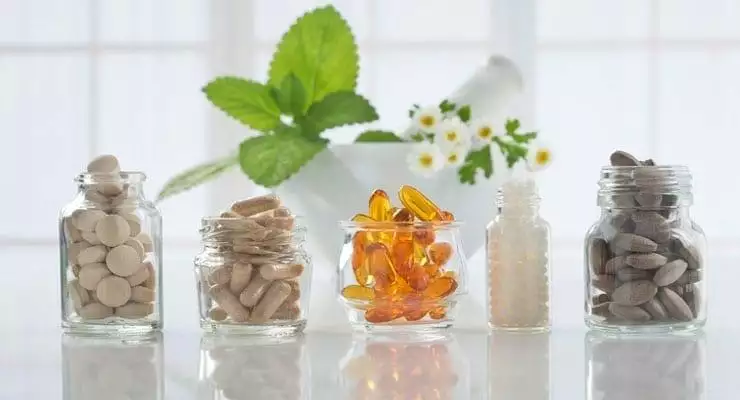There’s no shortage of herbal remedies with centuries of traditional use trailing behind them. Makers of herbal fertility supplements offer you hope for a fraction of a price of conventional fertility treatments. However, Mayo Clinic expert Mary Gallenberg, a gynecologist and obstetrician, states there’s no convincing proof that herbal supplements will help you and your partner conceive.
About Infertility
Infertility is defined as not being able to get pregnant after you and your partner have been having unprotected sex for at least one year. Alternately, you may be infertile if you’re at least 35 years old and you’ve been trying to get pregnant for six months. According to the Centers for Disease Control and Prevention statistics, infertility is common in the United States. Ten percent of women between the ages of 15 and 44 suffer from infertility.
Cost of Conception
Conventional fertility treatments get costly. Intrauterine insemination treatments may cost $2,000, while in vitro fertilization costs up to $25,000. Prescription oral medications to treat infertility may run only $20, while fertility injections can cost $1,000 per round. By comparison, herbal fertility supplements are a steal, typically ranging in price from $10 to $40. And you don’t need to see your doctor for a prescription.
Herbs, Vitamins and Minerals
Most herbal remedies and supplements studied focus on treating infertility in men, Gallenburg notes. Limited studies show that L-carnitine, vitamin E, coenzyme Q10 and folic acid may improve sperm count and motility, while a few studies show that vitamin C supplements is beneficial to women. German doctors recommend chasteberry to female patients with fertility problems, notes Dr. Beatrix Roemheld-Hamm in a Sept. 1, 2005, article published in the “American Family Physician.” However, studies conducted on chasteberry are small and short; in one study, only a modest number of women conceived while using the herb.
Dietary Supplements 101
Herbal fertility supplements are not drugs. They’re classified as dietary supplements by the U.S. Food and Drug Administration. Herbal supplements do not go through the same rigorous approval process as do the fertility drugs your doctor recommends. Makers of dietary supplements cannot claim their product treats, prevents or cures a disease, not can they purport that supplements treat infertility.
Fertility Tips
With lack of scientific evidence supporting the efficacy of herbal remedies, Gallenberg recommends seeking conventional infertility treatment. The American Fertility Association, or AFA, advises you to stay away from all herbs if you’re trying to conceive. However, both you and your partner should take a multivitamin — yours should contain at least 400 micrograms folic acid, which prevents birth defects. Focus on adopting a healthier lifestyle. Get down to a healthy weight. Eat a nutritious diet, get regular exercise, cut down on caffeine and alcohol, and stop smoking.





